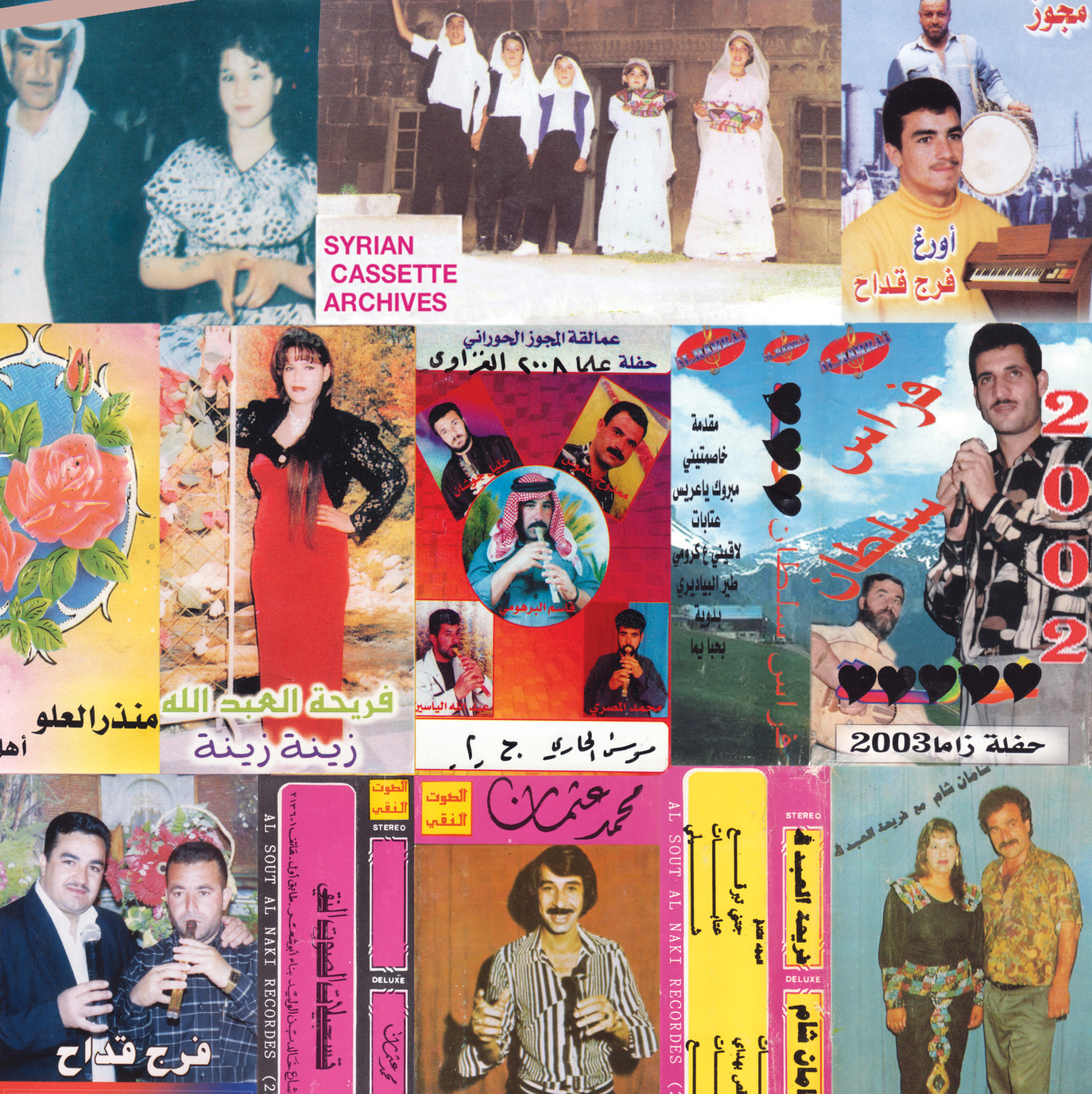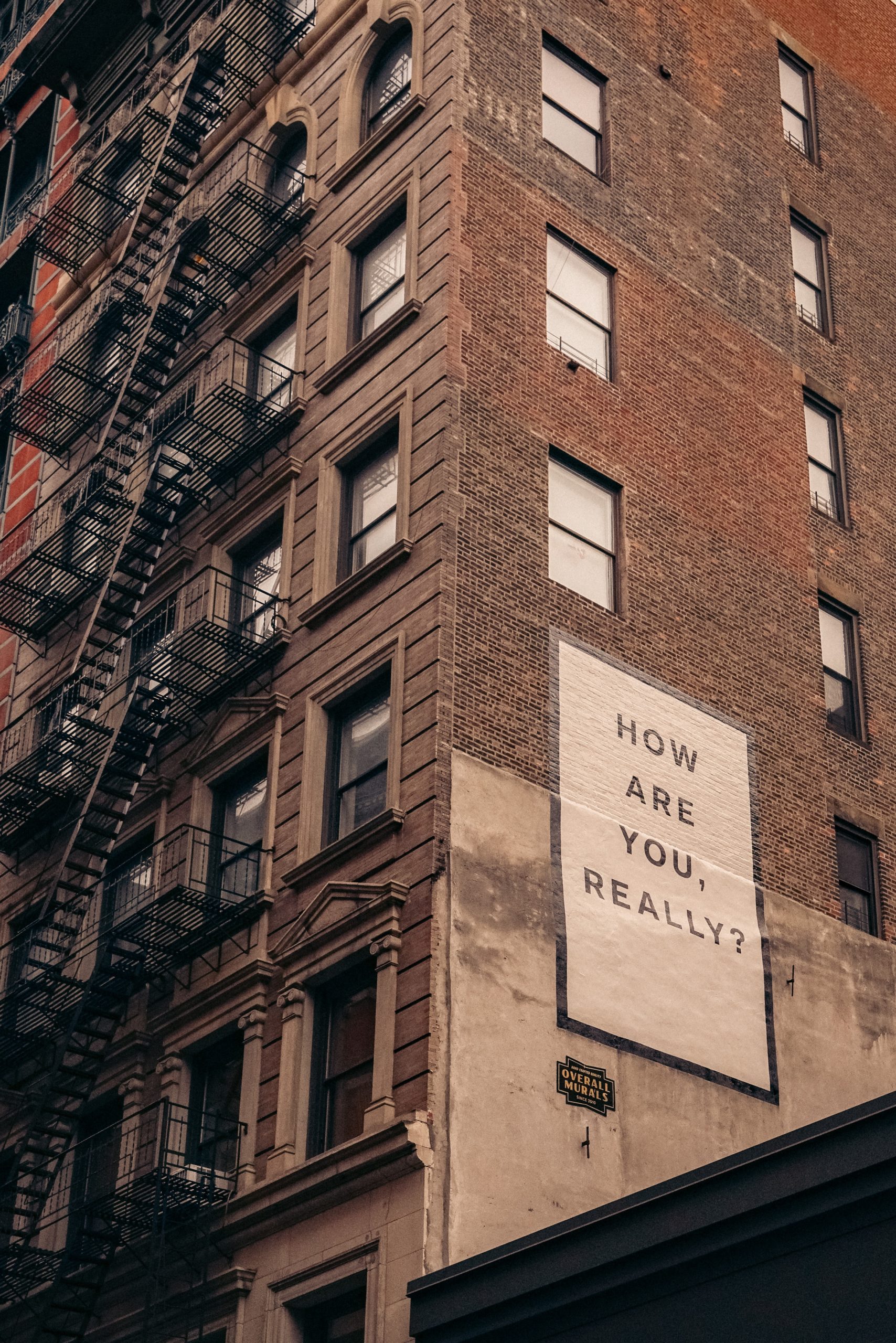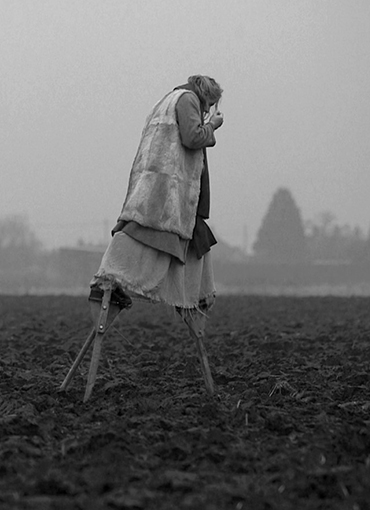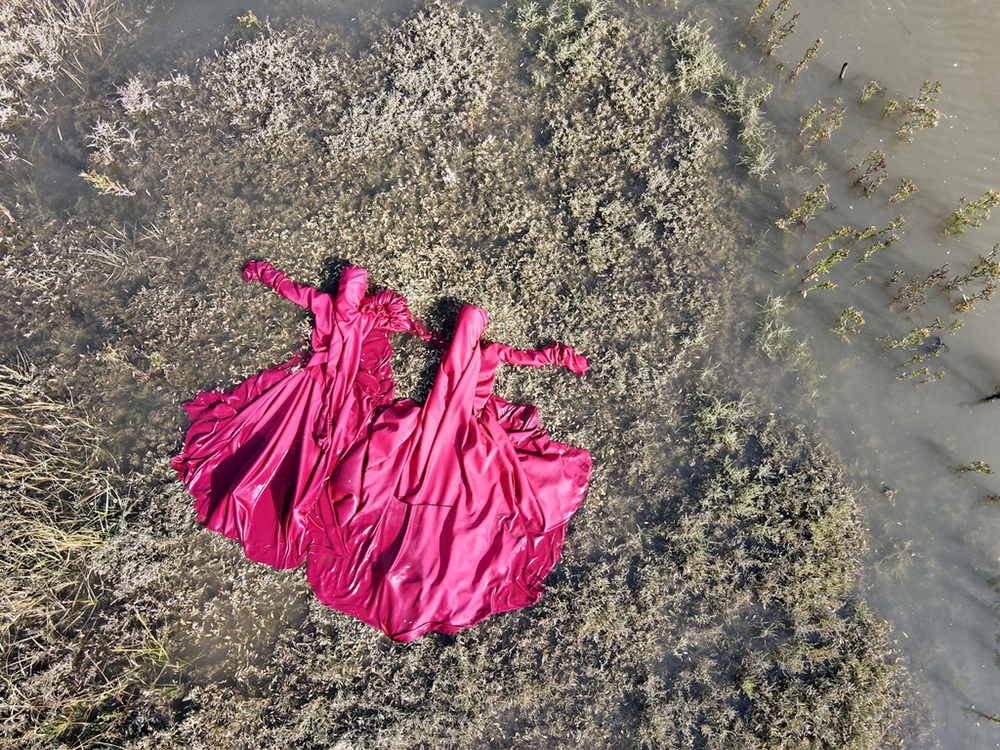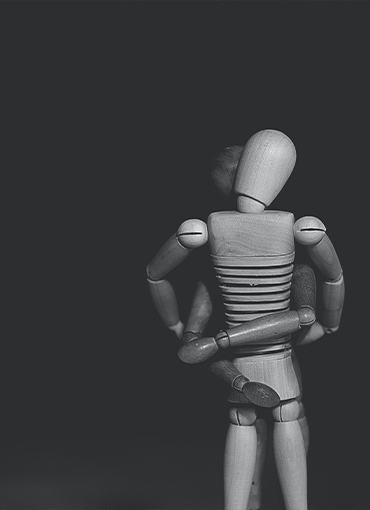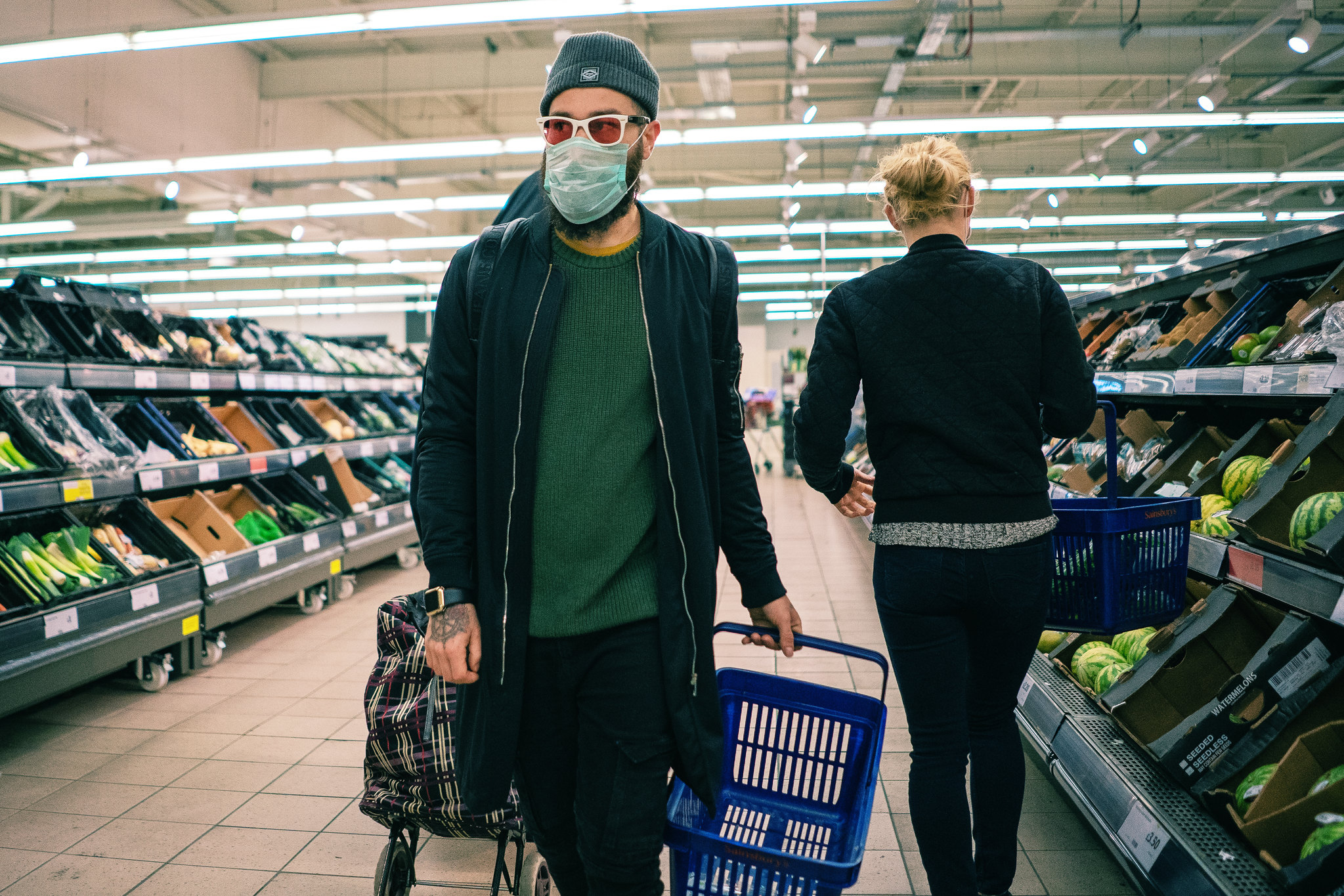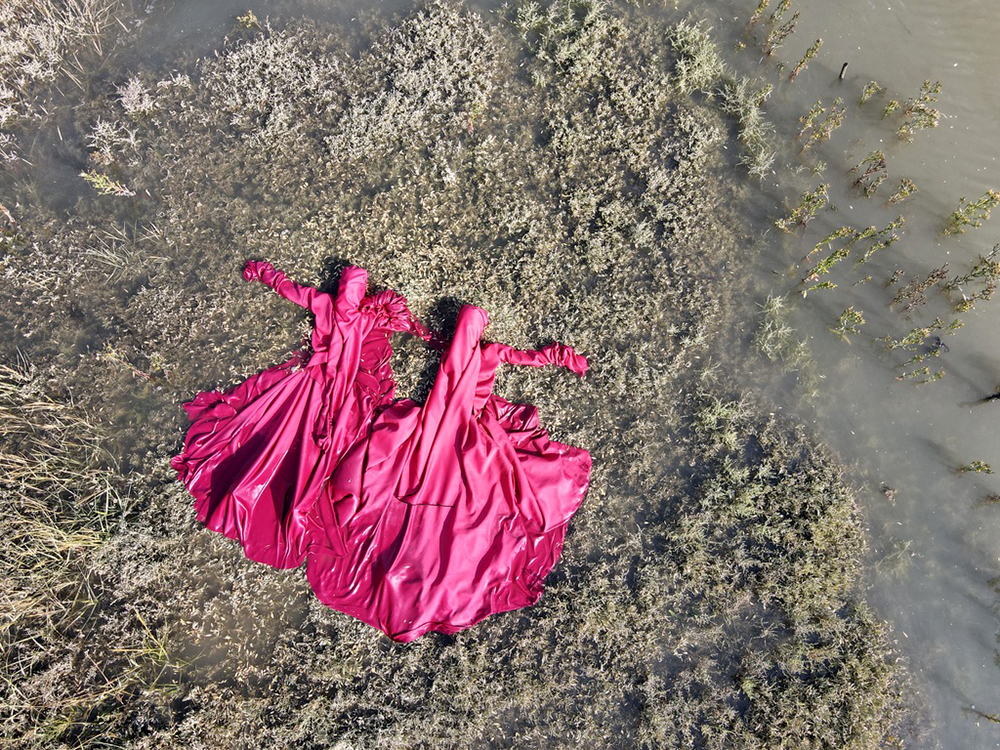A summary of CRASSH’s contribution to the Cambridge Festival 2021, including talks, podcasts, exhibitions and artist workshops, showcasing CRASSH’s breadth of interdisciplinary research and involvement in the arts, humanities and social sciences.
The Festival runs from 26 March – 4 April 2021.
Archives of Sound: Syrian Cassette Archives
A conversation with Mark Gergis
26 March 2021 from 12 – 2pm UK time | REGISTER
‘Syrian Cassette Archives’ is an ongoing project aiming to document what can be called Syria’s cassette era, dating from the 1980s to the present day. At the heart of the collection are 400+ audio tapes acquired by audio archivist Mark Gergis between 1997 and 2010, reflecting years of research and personal connections with local music shops, producers, distributors and musicians around the country. The archive is continually in motion: since its launch, it has acquired over 200 additional cassettes from donors and collaborators within and beyond Syria. Alongside the effort to archive, preserve and share these materials, the project also conducts oral histories and interviews with key individuals, providing a window into Syria’s broad and eclectic pre-war listening landscape and music networks.
This event is organised by the Archives of the Disappeared Research Network at CRASSH.
The Talking Cure Podcasts
26 March 2021 – 4 April 2021 | LISTEN from 26 March onwards
In this podcast series, we explore these questions by interviewing philosophers, historians, and practitioners of talking therapies, broadly construed. In particular, we’ll showcase the work of researchers associated with the Talking as Cure? Contemporary Understandings of Mental Health and its Treatment Research Network at CRASSH.
ROAR: Art and Sustainability – Online Exhibition and Talk
26 March 2021 – 4 April 2021 | VIEW from 26 March onwards
The book ROAR by artists Rosanna Greaves and Marina Velez as part of broad aesthetic and critical conversations about sustainability. The title of the book, ROAR, refers to both a primordial expression and a voice that deserves to be heard.
Join a live Q&A about ROAR on 3 April 2021 from 3 – 4pm UK time.
This event is organised in association with Art at the Alison Richard Building.
Investigating Female Ageing Through Creative Practice: In Conversation with Rosy Martyn and Kay Goodridge
27 March 2021 from 3 – 4pm UK time | REGISTER
Artists Beverley Carruthers and Jane Woollatt in conversation with Rosy Martin and Kay Goodridge.
Jane Woollatt and Beverley Carruthers have known each other for over 35 years, and for the past 5 years, they have worked together on a project motivated by menopause. Rosy Martin and Kay Goodridge work collaboratively using theoretical and performative strategies to analyse and contest the social and cultural constructions of the ageing body. Join them for this intriguing insight into their creative process, their experience as artists, working in collaboration and their unique look at menopause and ageing. Followed by Q&A.
There will also be a follow-up workshop on 3 April 2021 from 1 – 2pm UK time where you will get to explore some of the artistic methods used by the artists.
This event is organised in association with Art at the Alison Richard Building.
Safe Sex for Teenagers: A Journey Through Historical and Educational Sources
29 March 2021 from 3 – 4pm UK time | REGISTER
Sex education materials and contraceptive information for young people remain a contentious topic in today’s society. The extent to which young people should be informed about various methods of contraception and safe sex practices has been the object of recurrent debates since the postwar period. This online talk will provide a historical overview of the evolution of educational materials aimed at young people and produced by sexual health charities from the 1960s. Focusing on a range of leaflets and short films produced by the Brook Advisory Centres and the Family Planning Association, this event will contextualise these materials’ creation and highlight some controversies surrounding their publication.
A talk organised by the Health, Medicine and Agency Research Network at CRASSH.
Empathetic Machines
30 March 2021 from 12 –1pm UK time | REGISTER
Artificial Intelligence is having an ever-greater impact on how we communicate and interact. Over the last few years, smart speakers, virtual personal assistants and other forms of `conversational AI’ have become increasingly popular. In the context of health and social care, attention has begun to focus on whether an AI system can perform caring duties or offer companionship. This talk examines what it means to be empathetic and the ethical implications that arise when positioning AI systems in roles that require them to communicate with empathy.
A talk organised by the Giving Voice to Digital Democracies Research Project at CRASSH.
Bias in Data: How Technology Reinforces Social Stereotypes
31 March 2021 from 12 – 1pm | REGISTER
Virtually all modern communication technologies rely on data. This data is often inherently equipped with biases, naturally reflecting our own human and social biases. If dealt with blindly, these biases are not only reproduced but magnified by technology with potentially severe and discriminating effects. This talk will focus on gender and racial bias in data to explore these problems and discuss some of the possibilities for improvement.
This talk is organised by the Giving Voice to Digital Democracies Research Project at CRASSH.
Making Sense of the Evidence: Information Sharing Practices During the Covid-19 Pandemic
1 April 2021 from 12 – 1pm UK time | REGISTER
This talk explores how science and expertise relating to face mask use were discussed on Twitter in the first 6 months of the pandemic. The aim of this ongoing research is to investigate how the scientific evidence behind the changing guidance influenced public understanding and how people discussed the use of face masks on social media. In particular, we examined what key topics were talked about at various stages of the pandemic and how these concerns shifted over time.
A talk organised by the Expertise Under Pressure and Giving Voice to Digital Democracies Research Projects at CRASSH.
Investigating Female Ageing Through Creative Practice: Workshop with Beverley Carruthers and Jane Woollatt
3 April 2021 from 1 – 2pm UK time | REGISTER
Join Beverley Carruthers and Jane Woollatt for an artist-led workshop.
Artists Beverley Carruthers and Jane Woollatt will hold an artist workshop exploring female ageing through text and image processes they use in their own practice.
The event will be a collective creative discussion centred on the subject of the ageing female, we will consider this significant moment in our lives and notice some of the themes.
This event is organised in association with Art at the Alison Richard Building.
ROAR: Art and Sustainability Q&A
3 April 2021 from 3 –4pm UK time | REGISTER
Please visit the online exhibition and watch the pre-recorded conversation about ROAR before attending this event.
The book ROAR by artists Rosanna Greaves and Marina Velez is part of broad aesthetic and critical conversations about sustainability. The title of the book, ROAR, refers to both a primordial expression and a voice that deserves to be heard.
In association with Art at the Alison Richard Building.

